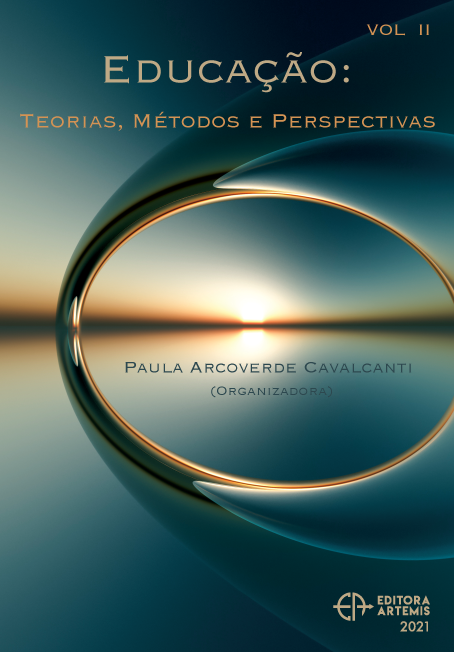
JUEGO DE ROLES: CAMBIO AL PARADIGMA DE ENSEÑANZA-APRENDIZAJE EN LA EDUCACIÓN UNIVERSITARIA DE TOXICOLOGÍA UTILIZANDO ESTRATEGIAS LÚDICAS.
En la enseñanza universitaria tradicional, la estrategia didáctica más utilizada es la metodología de la clase magistral expositiva, donde el rol docente es protagónico con una mínima participación del alumnado. Actualmente se está tratando de desarrollar una mayor participación e interacción entre los estudiantes y los docentes. Este cambio del paradigma transforma al docente en un guía o motivador del alumno para que pueda construir su propio conocimiento. El juego de roles es una estrategia didáctica fundamentada en el "aula invertida" caracterizada por un método de enseñanza que ha transformado el modelo tradicional de aprendizaje donde el protagonista es el alumno. Este trabajo presenta la implementación del “juego de roles” en la cual los alumnos realizan una dramatización o escenificación en el seminario de “Drogas de abuso” de la materia Toxicología y Química Legal (TQL), cuyo objetivo principal es mejorar la estrategia de enseñanza - aprendizaje (E-A) para facilitar el anclaje de los saberes en los alumnos. En la opinión del alumnado participante y en nuestra experiencia podemos decir que el aprendizaje significativo puede enriquecerse en un ambiente de distensión, utilizando la creatividad a través de técnicas lúdicas y la colaboración del grupo de pares. Logrando estimular las capacidades sociales, discursivas y profesionales en los alumnos para su futuro desenvolvimiento profesional.
JUEGO DE ROLES: CAMBIO AL PARADIGMA DE ENSEÑANZA-APRENDIZAJE EN LA EDUCACIÓN UNIVERSITARIA DE TOXICOLOGÍA UTILIZANDO ESTRATEGIAS LÚDICAS.
-
DOI: 10.37572/EdArt_18042131610
-
Palavras-chave: Juego de roles; Cambio de paradigma; Dramatización; Toxicología; Enseñanza universitaria.
-
Keywords: Role-playing; Paradigm shift; Dramatization; Toxicology; University teaching.
-
Abstract:
In traditional university education, the most widely used didactic strategy is a lecture class methodology, where the teaching role is protagonist with a minimum participation of the students. Currently, efforts are being made to develop better participation and interaction between students and teachers. This paradigm shift transforms the teachers into guides or motivators for the students so that they can build knowledge themselves. Role-playing is a didactic strategy based on the ‘flipped classroom’ characterized by a teaching method that has transformed the traditional learning model, where the protagonist is the student. This paper presents the implementation of ‘role-playing’ in which the students perform a dramatization or staging in the seminar ‘Drugs of abuse’ as part of the subject Toxicology and Legal Chemistry (in Spanish ‘TQL’). The main objective is to improve the teaching strategy - learning (SL, in Spanish ‘EA’) to facilitate students grasp the knowledge. According to participating students and in our experience, we can say that meaningful learning can be enriched in a relaxed atmosphere, using creativity through playful techniques and the collaboration of the group’s peers. Managing to stimulate social, discursive and professional capacities in students for their future professional development.
-
Número de páginas: 10
- Isabel Yohena

